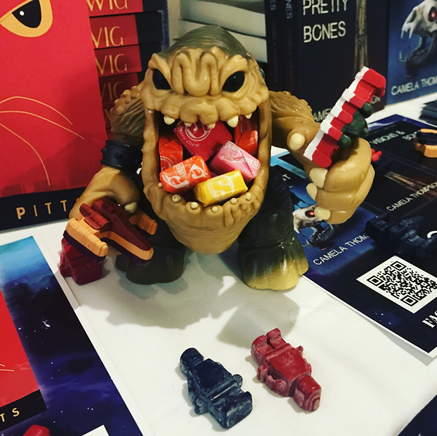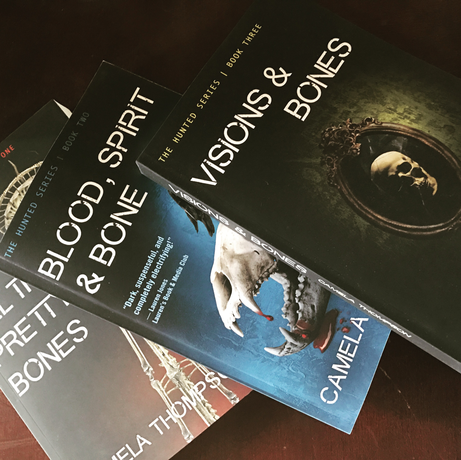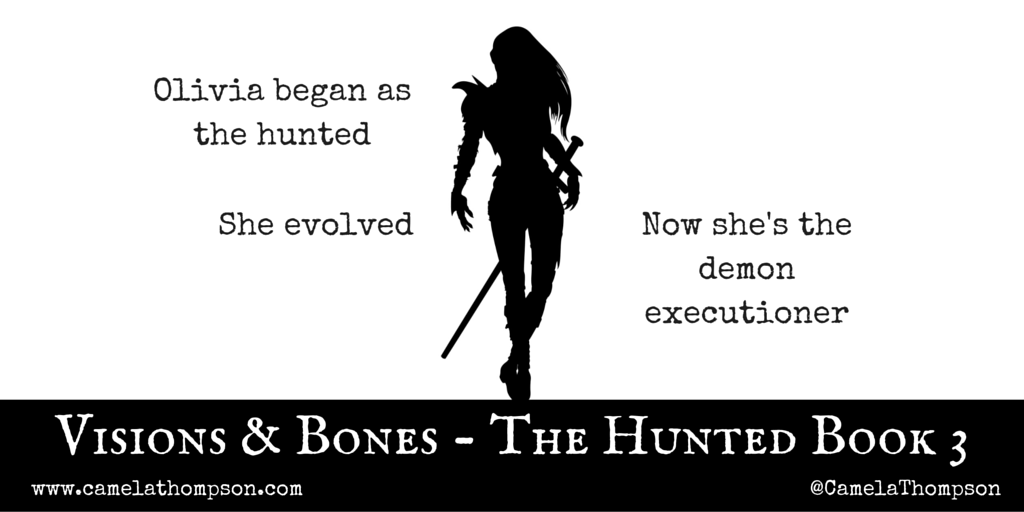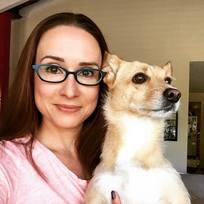|
This weekend I helped man a vendor booth with my friends at Norwescon, a science-fiction and fantasy convention that has been running for forty years now. Many people stopped by (I think we can credit Tiffany's lucky rancor and kick-ass crayons for a great deal of interactions). There were quite a few veterans, some newbies, and a lot of really cool costumes. Michael G. Munz, Tiffany Pitts, and I had several conversations with attendees related to Sherlock, Doctor Who, Supernatural, iZombie, Fallout, Star Wars, Firefly, and Star Trek. The noticeable missing segment of fandom was the anime crowd, but that wasn't a surprise with Sakura-Con running the same weekend. As welcoming as the fellow vendors and customers were, I struggled and it took me a while to figure out why. I get really uncomfortable when it's time to sell my books. Like it or not, our culture has some gender based idiosyncrasies, and I'm still working through my internalized biases. After a long Friday, I went home and did a lot of thinking. I finally figured out my problem. I view talking up my work as bragging, and that makes me feel gross. This is not a female-only phenomenon, but I hear more women authors express their struggle with talking about, pitching, and straight-up selling their own work. I did exactly what I coach women in corporate not to do. I under-sold my work. I forgot that representing my novels to their advantage is simply smart business. I didn't give myself enough credit. It's hard to get published, and I managed to get a book contract with a publisher. This is a big accomplishment. I'm also thoughtful about what I put in my books. Like many authors who strive to constantly improve, I'm hyper-critical of what I've put out in the world. My series evolves with each book and will continue to do so. I need to stop internalizing every little critique and look at the big picture. My reviews are strong. I can write. And doggone it, people like me. I can't tell you how many interviews I've sat through trying to pull out a woman's experience with certain technologies or processes. Too many times I hear the words "I'm not an expert" only to uncover enough examples to prove the interviewee is more than qualified. If you've worked in tech long enough, you know that a certificate is nice, but not always indicative of aptitude or expertise in real world applications. The men I've interviewed don't usually have the same issue with sharing their prowess, but it does happen. How can we separate "bragging" and accurately representing a skill-set? Where is the line between the two? There's a difference between confidence and over-confidence, but how do we get better at embracing one without crossing over into the other? All three of us expressed discomfort with pitching our work, so the first two days at the convention we stepped in for one another. I loved what they said about my series and found the repeated line "Seattle vampires that actually kill people!" entertaining. Friday night, I verbally let go with my husband, expressing my frustration and confusion. This led to an epiphany. I would embrace the conference vibe and have more fun. Most importantly, I would be proud of my hard work and represent myself with pride and honesty. I have a series featuring a woman who evolves from a victim to an apex predator. The Hunted features vampires with bite and delves into diverse mythology, introducing a different take on demons, sirens, berserkers, and more. If you miss the vampires of the 90s and like women's adventure, we'll get along just fine. In addition to not being shy about my accomplishments, here are a few more learnings from this convention:
Do you struggle with selling your work? If not, what advice would you offer to authors who do struggle?
2 Comments
|
Camela ThompsonFreelance writer and Dark urban fantasy author featuring vampires with bite. My BooksCategories
All
Archives
July 2020
|




 RSS Feed
RSS Feed